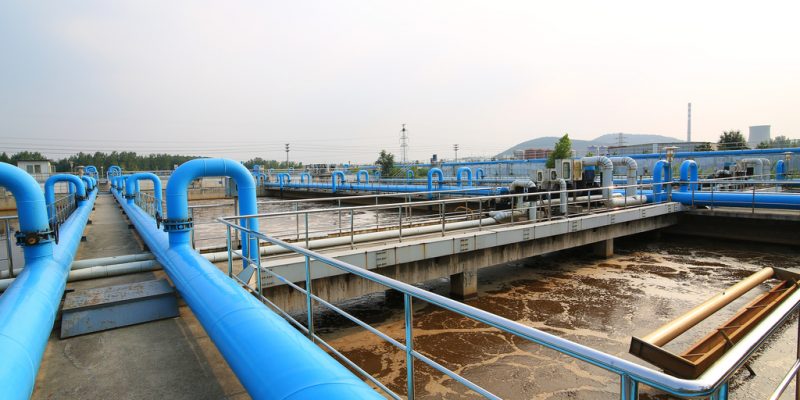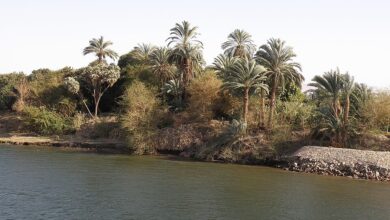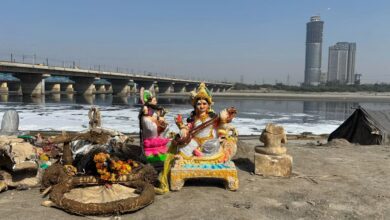In Kafr el-Sheikh, rice farmers once looked forward to harvest time, but work has dried up in the large Nile Delta town since water shortages prompted heavy restrictions on production.
Under pressure from upstream countries to use its share of the river's waters more sparingly, Egypt's government has decided to severely restrict the farming of this water-intensive crop.
But the move threatens the price and supply of a commodity that feeds many of the country's burgeoning poor, as well as being a lucrative Egyptian export and a key employer in the agricultural sector.
"Right now we should be in the middle of our work season, which we wait for all year. Normally after the rice harvest we work day and night to meet demand," said Mohammed, a local farmer.
"But since they banned us from growing rice in several regions to save water, we have no work."
"Many jobs depend on the production of rice — the farmers, the processing plants, the road transport, the exports … It's a very important industry for Kafr el-Sheikh and an essential source of income for its inhabitants," said Ahmed Nasr, from the town's chamber of commerce.
Rationalizing the use of its precious water supplies is a growing imperative for Cairo, with Ethiopia, Kenya, Rwanda, Tanzania and Uganda demanding a more equitable share of the Nile waters on which Egypt so heavily depends.
Experts reckon that, mainly due to outdated water grids and flawed domestic water policies, one in four Egyptians is already without adequate access to drinking water.
Treaties signed more than 50 years ago entitled Egypt to 55.5 billion cubic meters (two trillion cubic feet) each year, and another 18.5 billion cubic meters to Sudan, on the whole accounting for 87 percent of the river's waters.
According to official data, around 20 percent of the Egyptian quota goes on rice production, which is now banned south of Cairo and restricted to certain regions of the delta, Egypt's traditional bread basket.
But climate change has already forced some farmers to abandon their land in the fertile delta, which provides around a third of the crops for Egypt's growing population and which rising sea levels are threatening to turn into a salty wasteland.
The rice industry has already been hammered by the government's restrictions. Egypt's paddy fields have shrunk to just half the area they covered two years ago. Production, which stood at 3.8 million tons in 2009, of which 300,000 was for export, is expected to fall sharply.
Many farmers have since started growing substitute crops, but they are often taking a hit to their profits by doing so.
Rice prices have yet to spike in Egypt, but they threaten to do so just as the country faces heavy inflation on such other dietary staples as meat, tomatoes and certain vegetables.
Egypt is the world's largest wheat importer. Given the decision by Russia — the biggest producer — to ban exports earlier this year, Cairo is buying millions of tons of the cereal on the global market at great expense.
Meanwhile, to limit the impact on the domestic market of its restrictions on rice production, the government decided in June to ban exports until further notice.
"I am going to lose my hard-won markets. Instead of earning foreign currency, I'm going to have to spend it on imports. We're going to find we have the same problem as with grain," said Nasr.
Others criticize Egypt's decision to focus its agricultural production on lucrative export crops, at the expense of basic food supplies for its 80 million people.
"Why reduce the area allocated to rice production when it is the staple diet of many Egyptians," asked Habib Ayeb, at the American University in Cairo, pointing out that Egypt is a major exporter of another water-intensive crop — strawberries.




